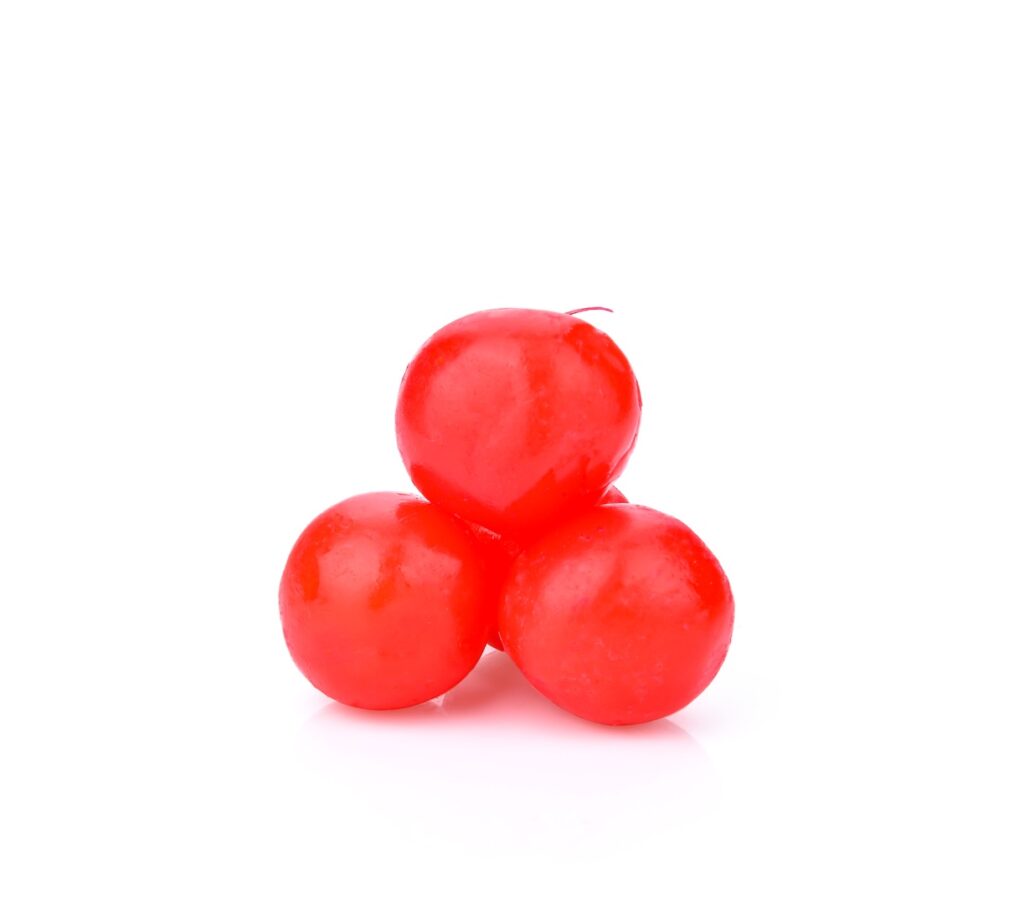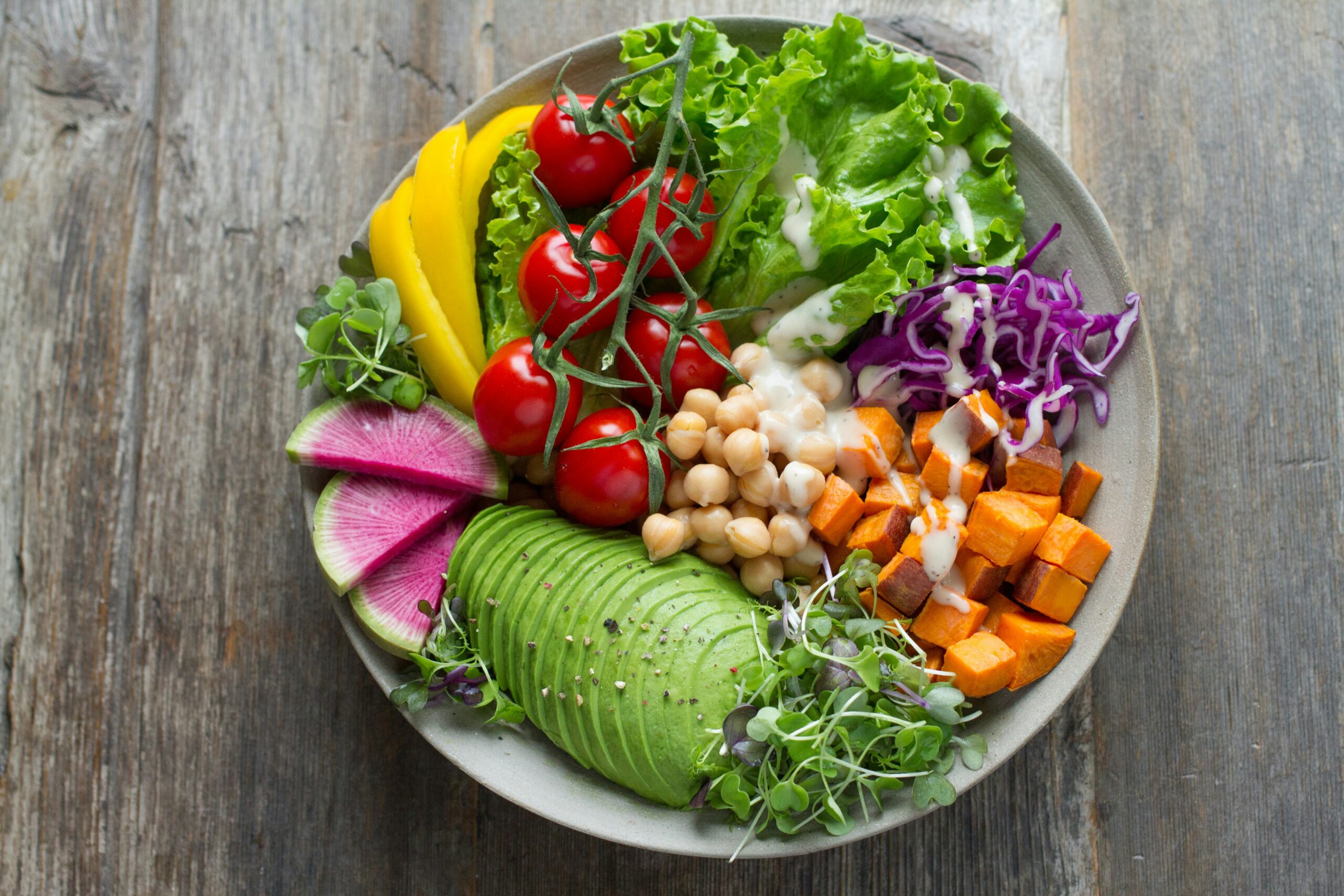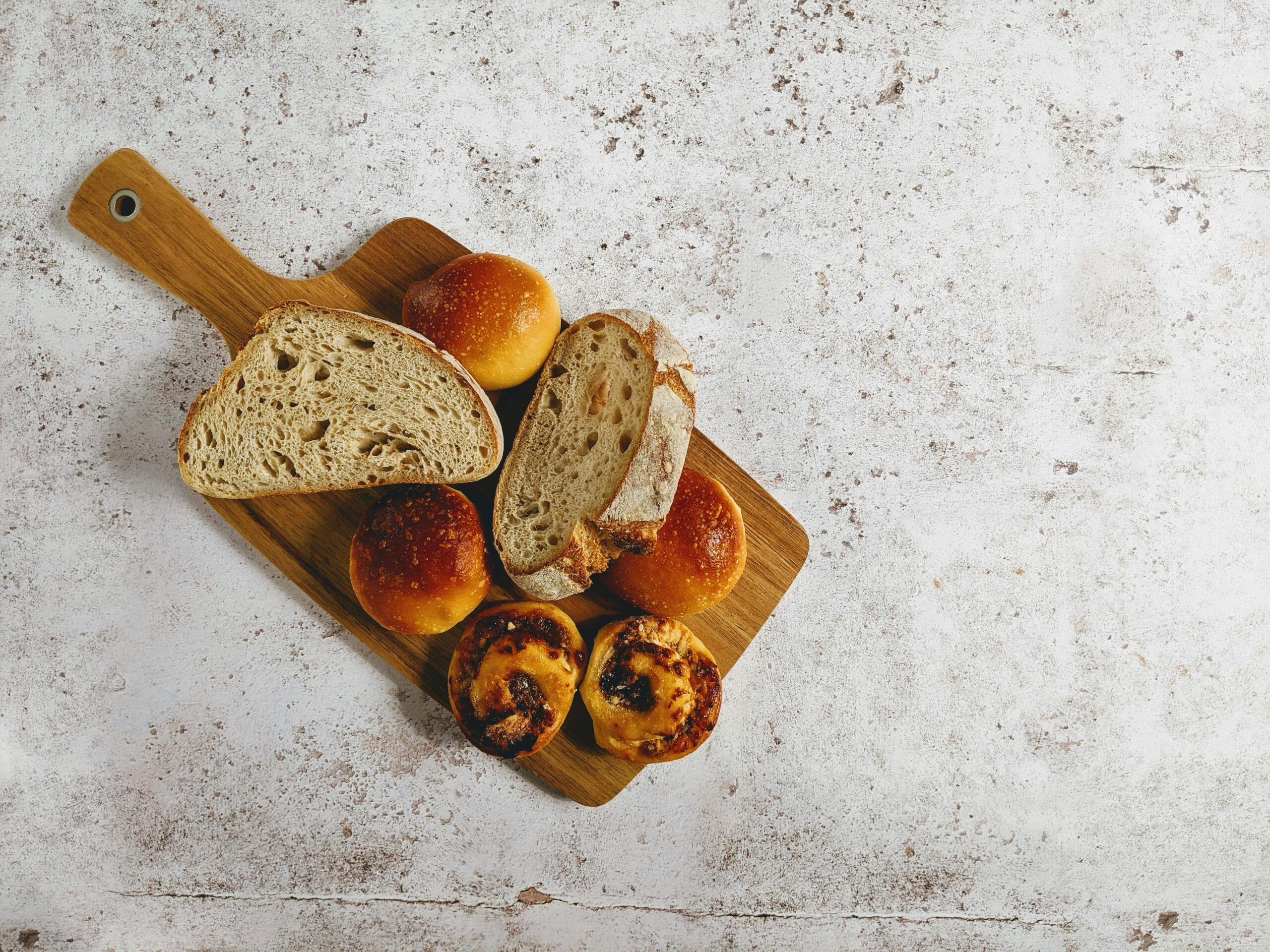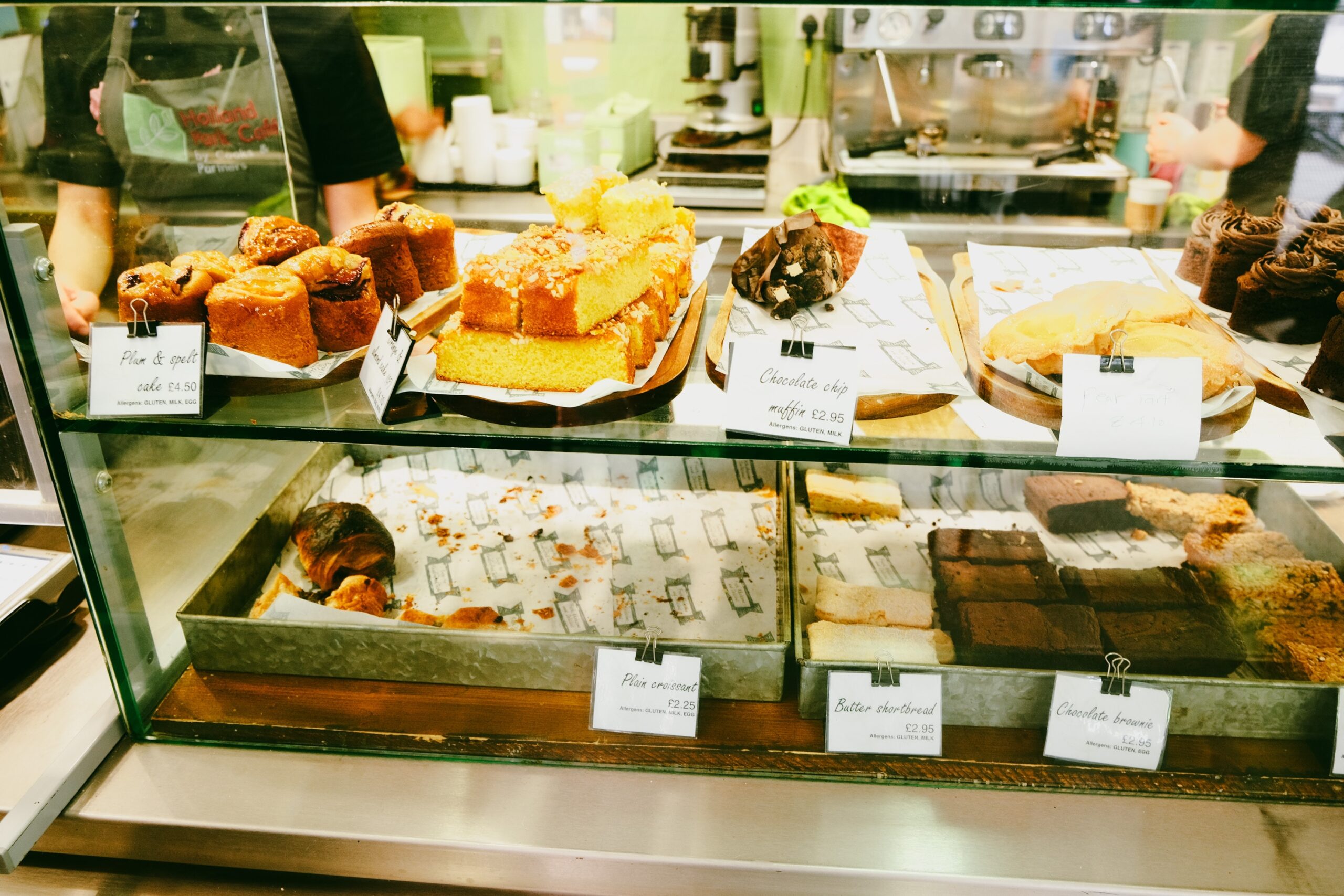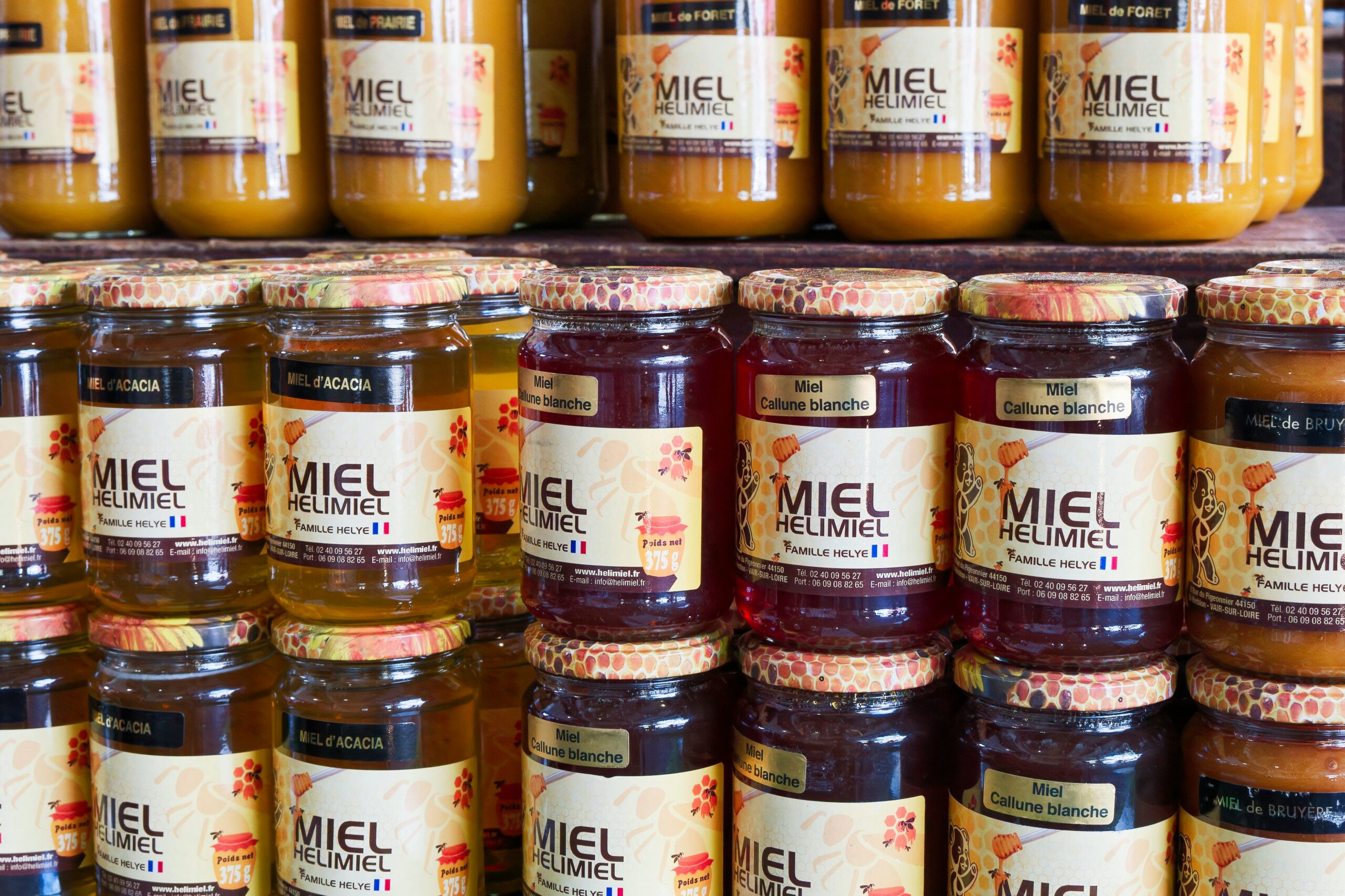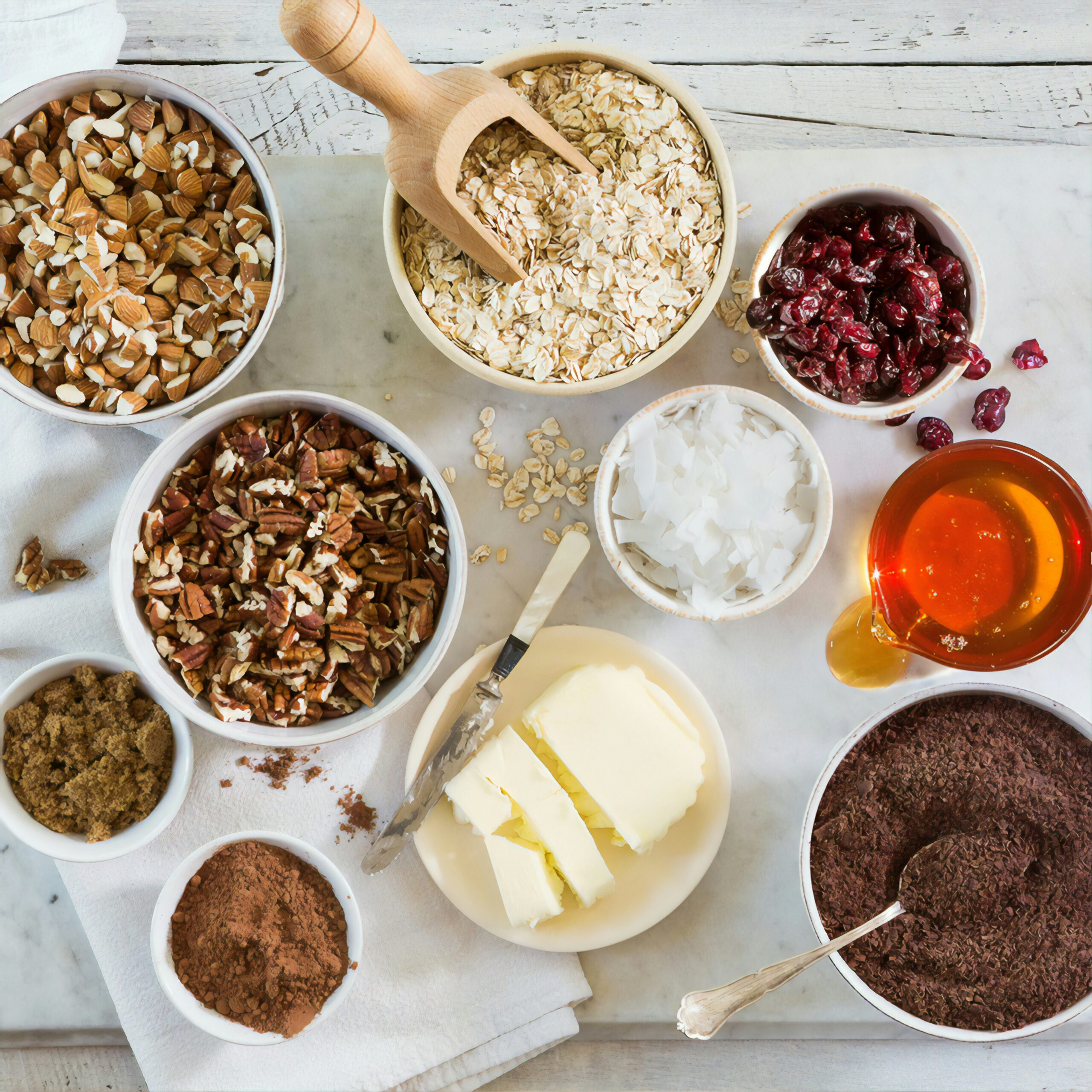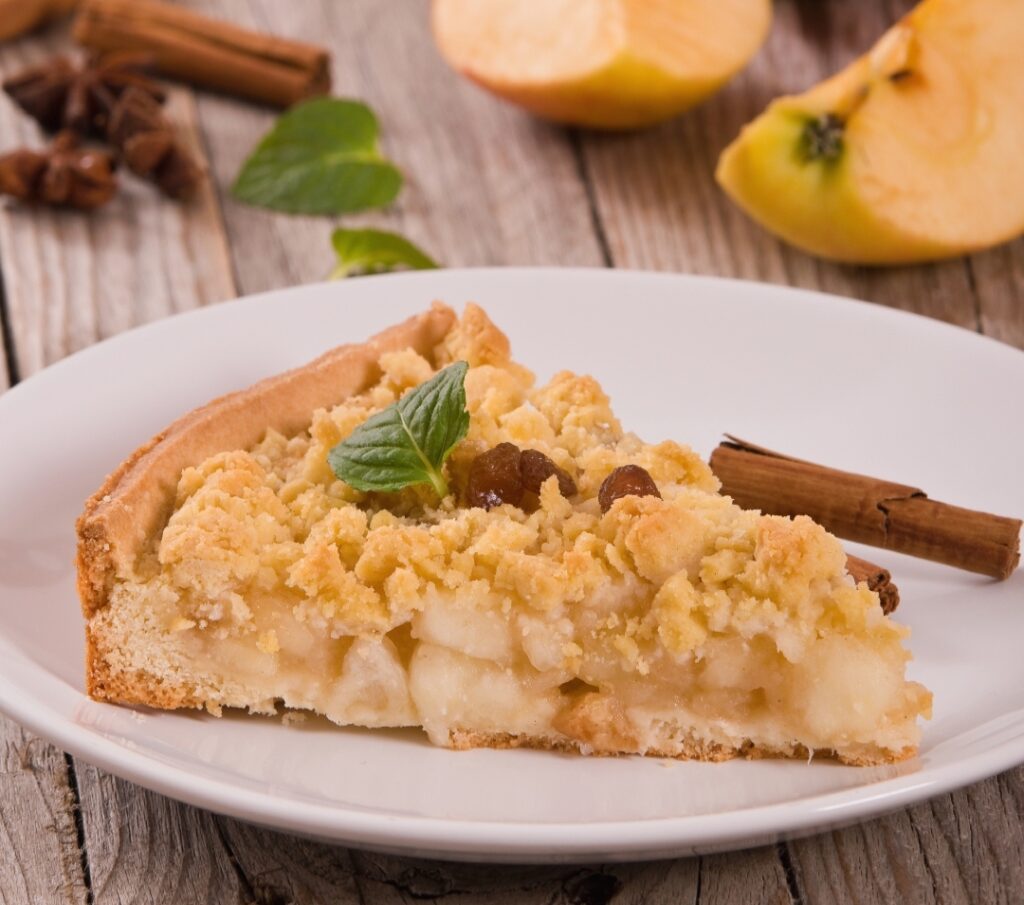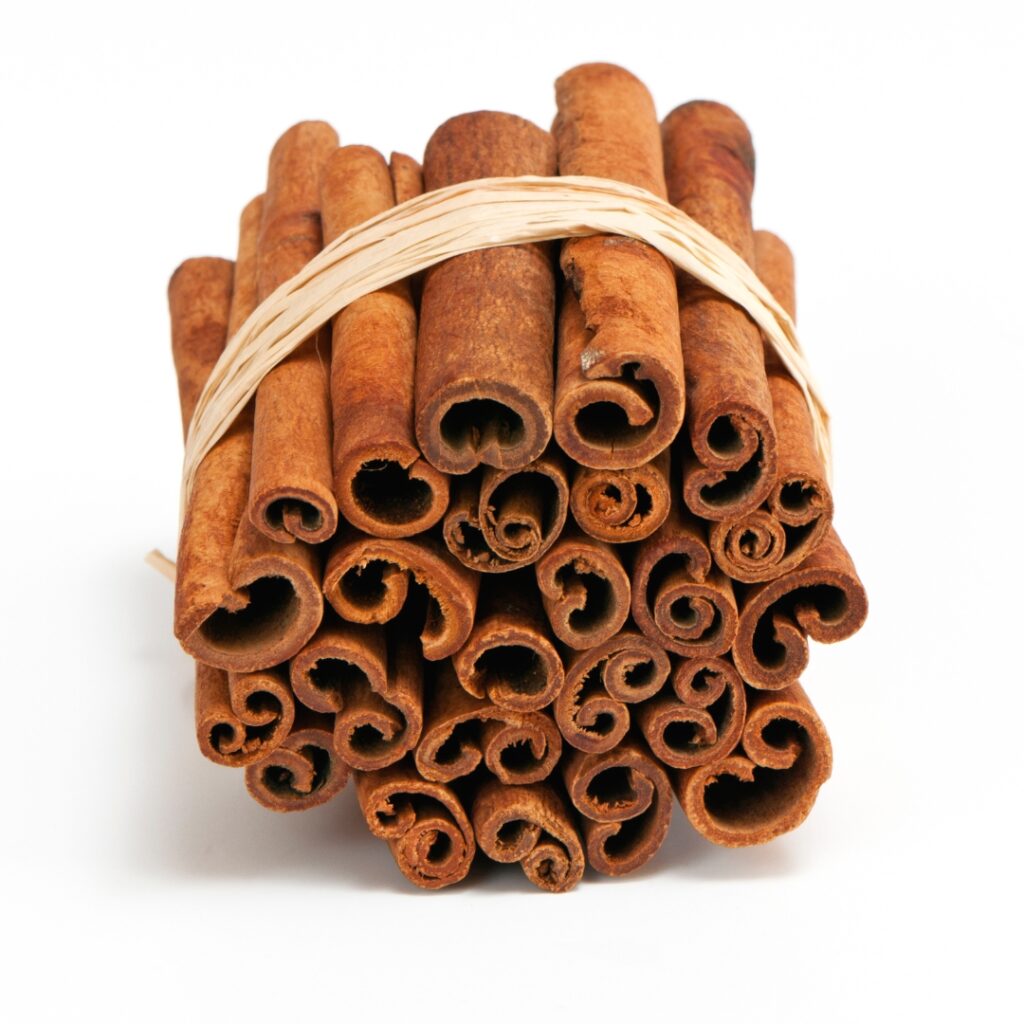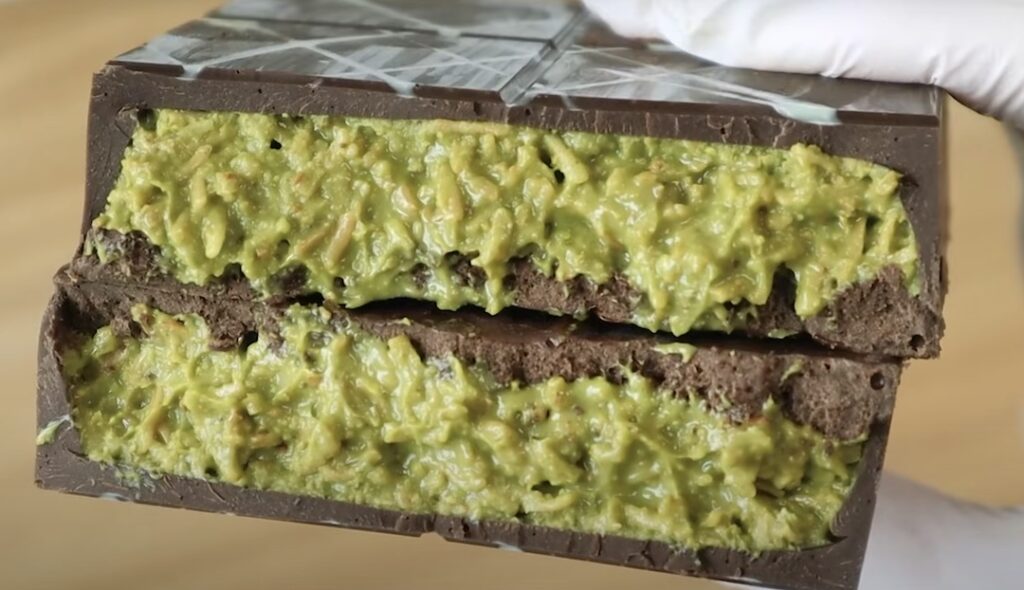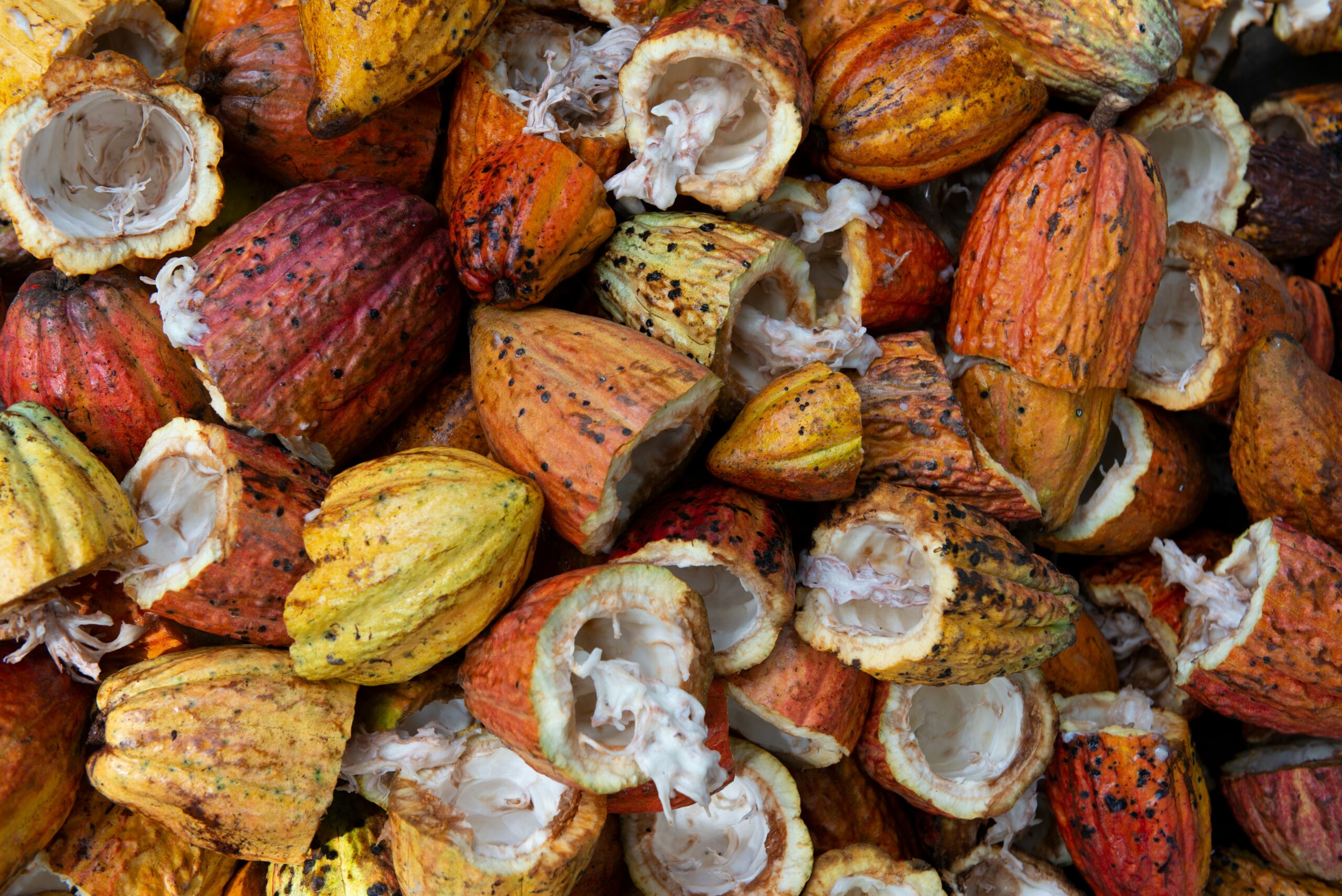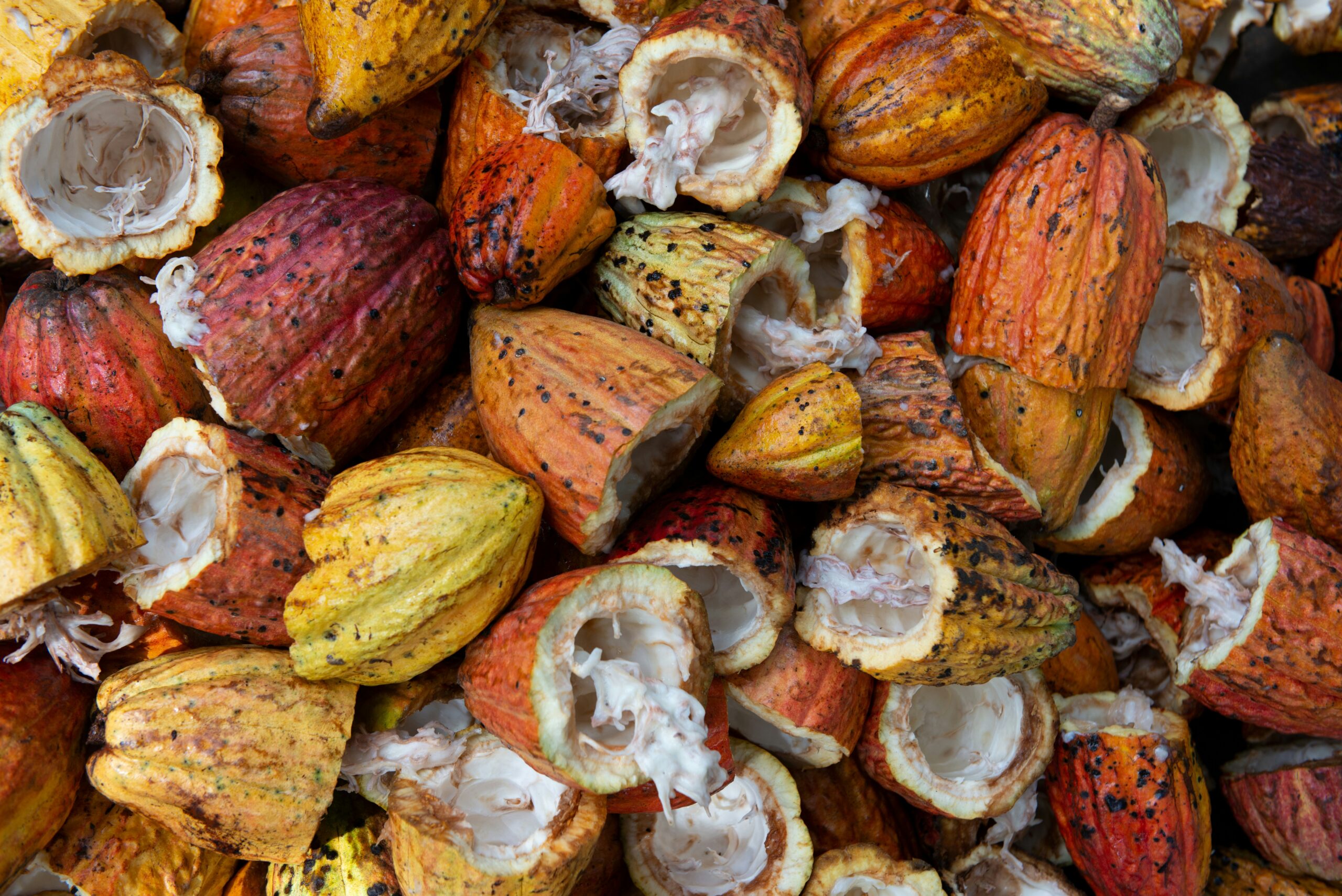How Can Bakeries Address Sustainability Concerns Around Palm Oil in 2025? What Is Palm Oil, and How Is It Used in Bakeries?
What Is Palm Oil, and How Is It Used in Bakeries? The conversation around palm oil and its environmental impact has grown significantly over the years. With consumers becoming more conscious of sustainability, bakeries are now faced with the challenge of adapting to these evolving demands. But how can bakeries navigate this complex issue while maintaining product quality and meeting customer expectations?
What Is Palm Oil, and Why Is It Controversial?
1. What Is Palm Oil, and How Is It Used in Bakeries?
Palm oil is extracted from the fruits of African oil palms, which thrive in tropical rainforest environments. Due to its versatility and cost-effectiveness, palm oil is used in a wide range of products, from shampoos and cleaning agents to biofuels. However, the food industry accounts for a staggering 72% of global palm oil consumption.
In bakeries, palm oil is a key ingredient in margarine, which replaced hydrogenated fats after they were linked to health concerns. Palm oil’s solid fat profile closely resembles that of butter, making it an ideal and affordable alternative for baking. Its efficiency—producing more oil per hectare than other crops—has contributed to its widespread adoption since the 1980s.
2. Why Has Palm Oil Fallen Out of Favor?
The shift away from palm oil is not due to the ingredient itself but rather its environmental impact. The production of palm oil has been linked to significant deforestation, with approximately 8% of global deforestation between 1990 and 2008 attributed to palm oil cultivation. This has led to habitat loss for endangered species like orangutans, tigers, and elephants, as well as increased carbon emissions from forest fires used to clear land.
Consumers are now prioritizing sustainability, with many seeking products that are not only healthy but also environmentally friendly. This shift has prompted bakeries to reconsider their use of palm oil and explore alternatives.
Can Bakeries Operate Without Palm Oil?
3. Is Going Palm-Free a Viable Option for Bakeries?
While the demand for palm-free products is growing, completely eliminating palm oil presents challenges. Alternative oils, such as sunflower or olive oil, require significantly more land to produce the same quantity of oil. For example, producing one tonne of sesame seed oil requires 9.4 hectares of land, compared to just 0.4 hectares for palm oil.
However, some bakeries have successfully transitioned to palm-free operations. For instance, a bakery in the UK launched the first mainstream palm-free bread in 2019, responding to customer demand. Similarly, a major supermarket chain removed palm oil from its own-label baked goods, redesigning its range of cakes, loaves, and pies.
4. Could Sustainable Palm Oil Be the Solution?
Rather than eliminating palm oil entirely, many bakeries are turning to sustainable palm oil as a middle ground. Organizations like the Roundtable on Sustainable Palm Oil (RSPO) have established standards for environmentally and socially responsible palm oil production. Certified Sustainable Palm Oil (CSPO) ensures that production practices minimize deforestation and habitat destruction.
Innovative companies are also developing sustainable alternatives. For example, some are using fermentation-based processes to produce palm oil without palm trees, offering a promising solution for the future.
How Can Bakeries Adapt to Sustainability Trends in 2025?
5. What Steps Can Bakeries Take to Minimize Palm Oil Use?
Bakeries can adopt several strategies to address palm oil concerns:
- Minimize Usage: Reduce the amount of palm oil in recipes where possible.
- Source Sustainably: Partner with suppliers who provide RSPO-certified palm oil.
- Transparency: Clearly communicate sourcing practices to customers to build trust.
6. How Can Bakeries Meet Consumer Demand for Palm-Free Products?
Consumer preferences are driving the demand for palm-free options. Bakeries can respond by:
- Introducing palm-free product lines, such as vegan caramels or low-sugar alternatives.
- Using innovative ingredients like doughnut paste concentrate or palm-free biscuit crumbs.
- Highlighting sustainability efforts in marketing to attract eco-conscious customers.
What Role Does ISTBEA Play in Supporting Sustainable Bakeries?
At ISTBEA, we are committed to helping bakeries navigate the challenges of sustainability. As a leading supplier of pastry materials for wholesalers, food distributors, and food businesses, we offer a range of palm-free and sustainably sourced ingredients. Our products are designed to meet the evolving needs of both bakeries and their customers, ensuring quality without compromising on environmental responsibility.
What Does the Future Hold for Palm Oil in Bakeries?
By 2025, the bakery industry is expected to continue its shift toward sustainability. The UK government’s commitment to sourcing 100% sustainable palm oil is a step in the right direction, with 77% of palm oil used in food already certified sustainable.
Bakeries must balance consumer demand for palm-free products with the practical challenges of sourcing alternatives. Whether through minimizing palm oil use, adopting sustainable sourcing practices, or innovating with new ingredients, the key lies in finding long-term, viable solutions that align with both environmental goals and customer expectations.



